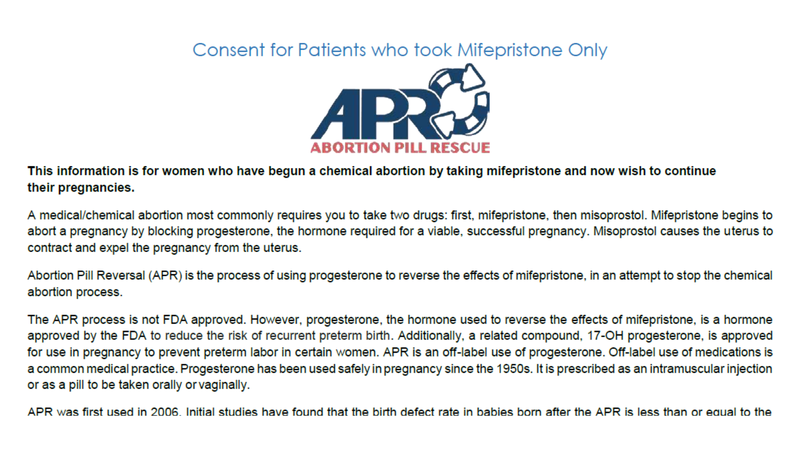
“I’ve never done this before, but I know it works,” said a Uruguayan anti-abortion activist who offered an openDemocracy undercover reporter a controversial ‘treatment’ that claims to be able to ‘reverse’ medical abortions.
Our reporter contacted a 24-hour ‘abortion pill reversal’ hotline run out of the US by the Christian right group Heartbeat International. The hotline connected her to a local activist in Uruguay.
Within two days, she was connected to a second local activist, and a local doctor, who encouraged her to take this ‘treatment’ – which is not recognised by any Uruguayan medical authorities.
‘Abortion pill reversal’ (APR) prescribes large doses of the hormone progesterone, to be taken after the first of two pills used for a medical abortion. “I can bring it [progesterone] to your place straight away,” said one of the activists.
Progesterone is not dangerous in itself, but health experts have warned against using it like this, describing APR as “unproven” and “dangerous to women’s health”. A previous US medical trial into this method ended abruptly in 2019 after some participants were hospitalised with severe bleeding.
Experts also doubt its efficacy, explaining that most medical abortions do not occur if the second pill is not taken.
However, a handful of conservative US states legally require doctors to inform women that ‘abortion pill reversal’ exists – and a new openDemocracy investigation reveals how it is also spreading globally.
Mexico and Uruguay
Undercover reporters who contacted the Heartbeat International hotline were connected to local doctors and activists willing to provide this ‘treatment’ on four continents – including in Latin America, where abortion rights have long been limited.
Women’s rights campaigners in Uruguay and Mexico told openDemocracy they hadn’t heard of ‘abortion pill reversal’ and it has not been covered by local media. However, our investigation reveals that Heartbeat has connections with doctors in both countries.
In Mexico (where abortion is regulated at state level), our undercover reporter was connected to a doctor who emailed her a handwritten prescription.
“Take it now, as soon as possible,” he advised. The prescription included his medical licence number and address in Mexico City, where abortion is legal within the first 12 weeks of pregnancy. He also said he could get her financial assistance if she had no money to buy the pills.
Uruguay is an exception in the region when it comes to abortion: it is legal up to 12 weeks, longer in cases of rape. Medical abortions, which consist of two pills taken a few days apart, can end pregnancies up to ten weeks.
Our reporter, posing as a young, single and unemployed woman who was ten weeks’ pregnant, contacted Heartbeat’s ‘abortion pill reversal’ network via its online chat.
She was asked to sign a consent form, agreeing that she understood that this ‘treatment’ is an “off-label use of progesterone” and releasing Heartbeat of “any and all claims of whatsoever kind and nature”. It also says she should seek emergency care if she experiences ‘pain, fever or heavy bleeding’.

A local anti-abortion activist then called our reporter and said: “You will do this now: take progesterone. You can get it at the pharmacy, no prescription is needed.”
When asked about the cost of the medication, the activist said: “You don’t have to buy anything.” She connected our reporter to another woman who offered to bring her the progesterone pills for free. “Where do you live? I can bring them to your home straight away,” she said.
A local doctor, who said she was an endocrinologist, also phoned our reporter. She urged her to write down dosage instructions and offered to arrange a free ultrasound for the following day.
APR is “not a standard practice” this doctor admitted, but she claimed that “it’s known from studies that high doses of progesterone can reverse in several cases the activity of mifepristone [the first medical abortion pill].”
The doctor responded to questions about potential health risks, saying “there’s no reason to fear” and “you have to take it as soon as possible – nothing wrong will happen.”
After our reporter said she needed time to make a decision, she was phoned repeatedly by the two local activists and this doctor.
“It’s obvious that your heart is crying out for reversing a process that, if you don’t hurry, will be irreversible. But you’re STILL in time”, wrote one local activist in one of two emails she also sent.